No major US app developers have chosen to opt in to new App Store rules allowing outside links for payments, because there is effectively no savings, Apple told a judge during testimony on Friday.
Apple had revised its rules following the original Epic lawsuit, which Apple largely won in 2021. The one area where Judge Yvonne Gonzalez-Rogers had ruled in Epic's favor in that case was antisteering — the prohibition on using outside payment processors.
After some time spent developing the new rules, it began allowing developers to include outside payment links in App Store listings in January 2024.
To date, in an accounting of the hearing published late on Friday on Bloomberg, Apple has received just 38 applications out of over 65,000 registered app developers who offer in-app purchases. None of the 38 were from major companies.
The primary reason, according to testimony from developers, is that the fees would essentially be the same or potentially higher under the third-party option. Rather than the App Store's 15 percent to 30 percent commissions, Apple would instead require a 27 percent fee for the use of the App Store platform.
The fee from Apple does not include the cost of paying a third-party payment processor, which would likely bring the total fees to over 30 percent, the court heard on Friday. Apple's Vice President of Finance, Alex Roman, admitted in testimony that Apple did not look into the cost to developers of using a third-party payment processor when revising its rules.
Judge Gonzalez-Rogers then criticized the company's lack of that consideration.
"It sounds to me as if the goal was to then maintain the business model and revenue you had in the past," she said. Epic has complained to the court that Apple is not abiding by the terms of the previous decision.
Apple maintains it has followed the guidelines provided in Gonzalez's original ruling, but the judge seemed skeptical. Upon hearing that the committee that revised the rules — which included Apple CEO Tim Cook — had failed to research the total cost to developers of using outside payment processors, she said "I'm looking for data and it sounds like you all made lots of decisions without data."
The fee and the lack of data on total developer costs seems to contradict Apple's original claim that that changes it made would lower prices for app users. Apple has another opportunity to sway the judge's view, as the hearing will resume the week of May 13.
 Charles Martin
Charles Martin

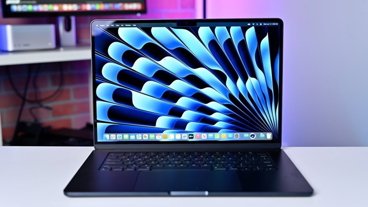




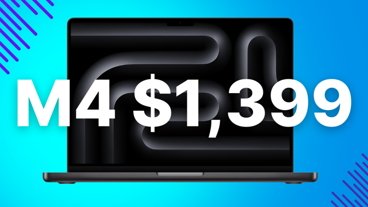
-m.jpg)





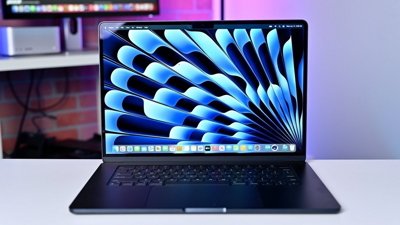
 Malcolm Owen
Malcolm Owen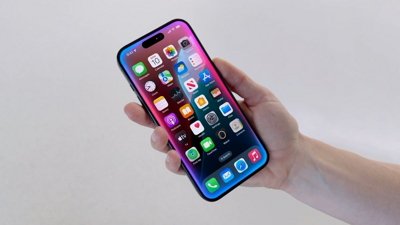
 William Gallagher
William Gallagher


 Amber Neely
Amber Neely
 Andrew Orr
Andrew Orr

 Christine McKee
Christine McKee
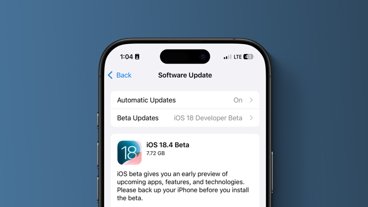




22 Comments
My two cents… worthless as usual.
1— It seems to me that Apple ’reduced’ its commission by the amount it costs Apple to make the payment transaction… obviously less that for other companies in view of its size.
If the individual payment systems charge more to developers… it is not Apple's problem.
2— As far as I know… a public traded company has the obligation to get the best… revenues… to its shareholders.
Where comes the fact that tha Judge asks to ’protect’ developers' revenues?
Anyone do business in my theme park has to pay a sort of fee due to I have to handle the transaction, what the customer trust, now you say it is not fair and I take too much from it, just because my theme park is too success, too “public”. OK, according to the judgement, you can do business in my theme park now and handle the transaction fee on your own, and it is more expensive than before, so, it is my fault?
Why don’t anyone rule the transaction company outside to specially lower the fee of the transaction from my theme park? They are not monopoly? Not too “public”, or rule them share their business with me for fair play?
I have to consider the total fee not only control by me? So, if one day, those transaction company raise the fee by 1%, I have to lower mine for justice?
I don’t get it.
Question: why would developers complain about Apple handling the payment processing if they can't negotiate a better rate than 3% themselves? The reality for credit card processing fees is that online transactions are ALWAYS going to have higher cost than physical transactions with a card. That's how the banks have set it up.
I suspect that the judge wanted to force Apple to allow for steering outside of apps for credit card payments, but they didn’t want to explicitly mandate that Apple stop trying to make any money off those developer partners. I think the judge knows full well that they are on shaky ground trying to force Apple not to make any money off third party apps.